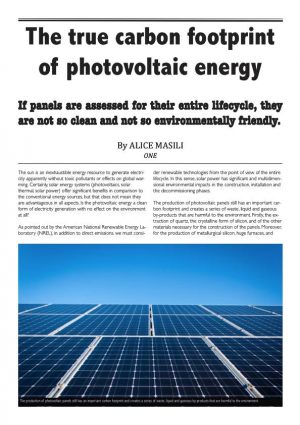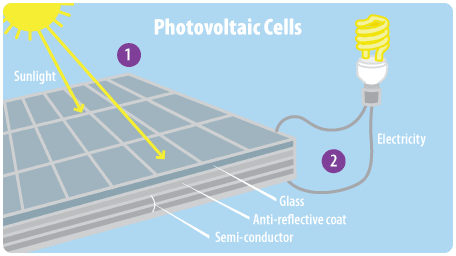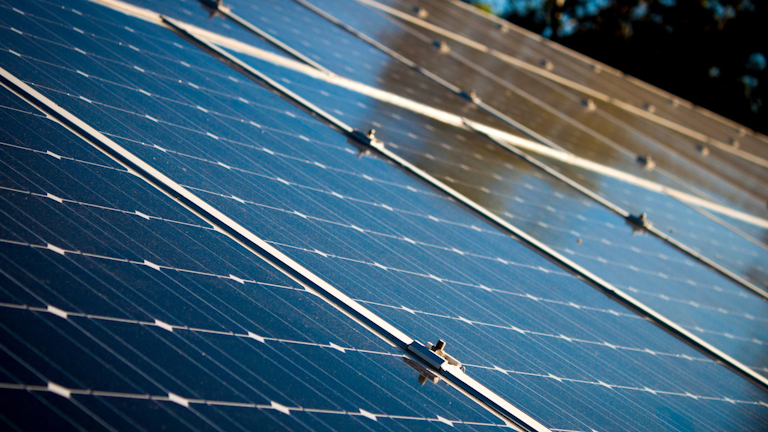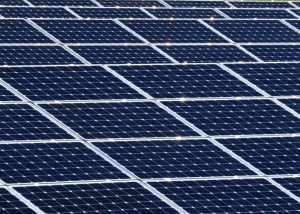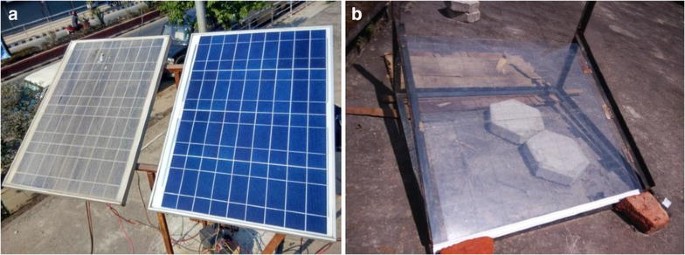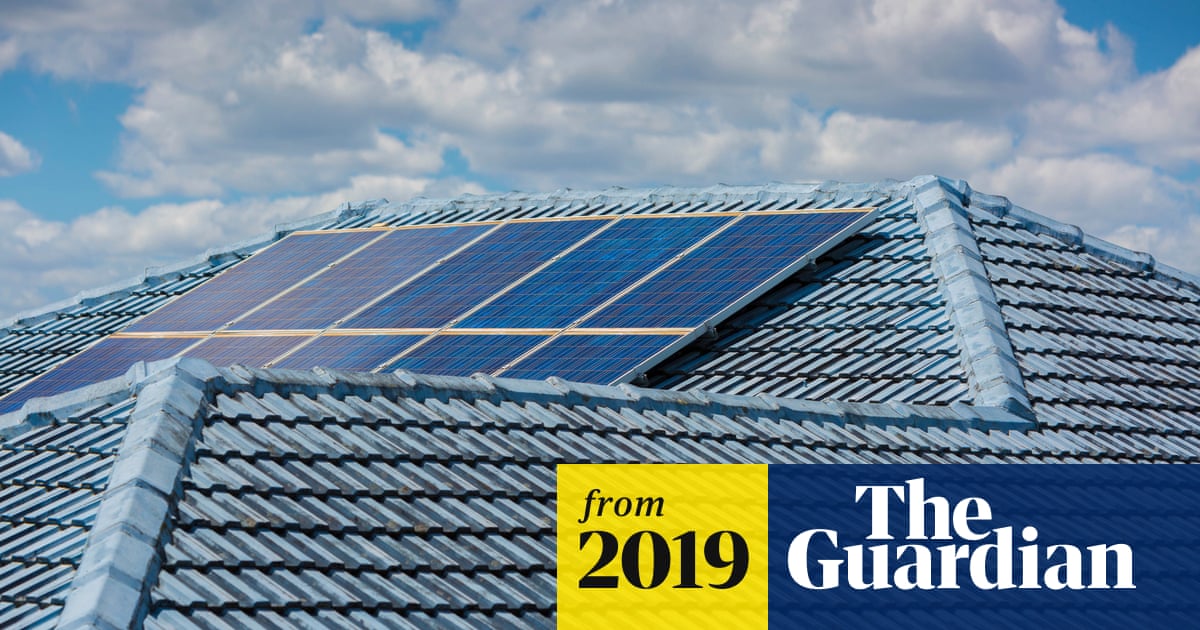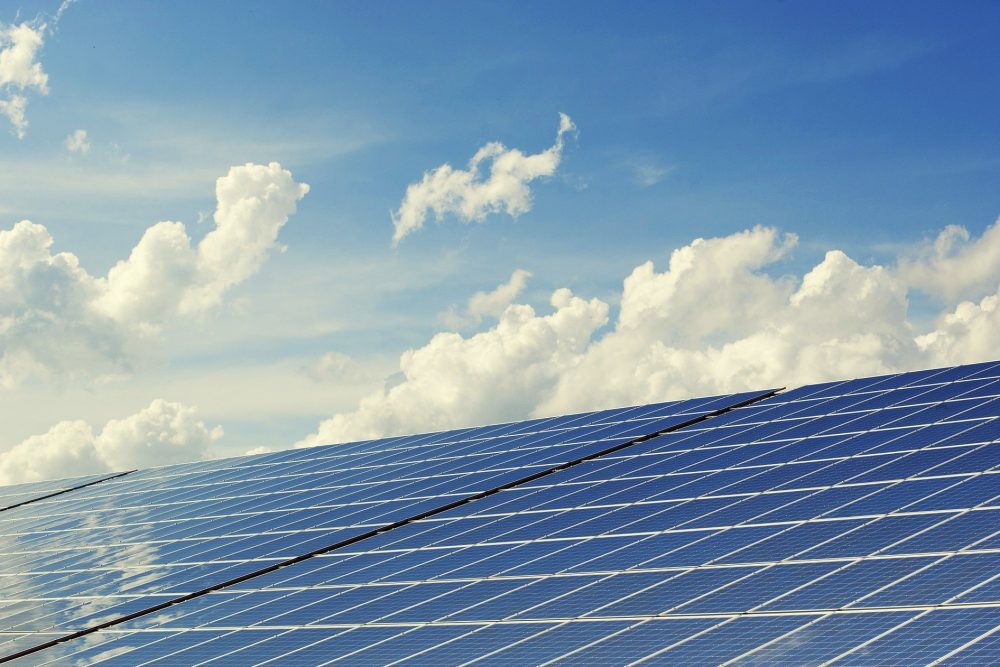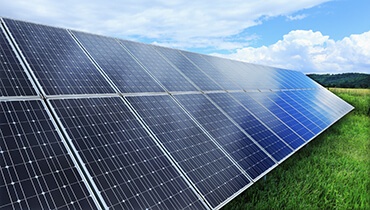Fabricating the panels requires caustic chemicals such as sodium hydroxide and hydrofluoric acid and the process uses water as well as electricity the production of which emits greenhouse gases.
Impact of solar panels on environment scholarly articles.
The potential environmental impacts associated with solar power land use and habitat loss water use and the use of hazardous materials in manufacturing can vary greatly depending on the technology which includes two broad categories.
However some toxic materials and chemicals are used to make the photovoltaic pv cells that convert sunlight into electricity.
Iea solar heating cooling shc program environmental impacts from the solar energy technologies.
This might not be an issue in some places but in arid locations such as deserts it can become a major problem.
The environmental impacts of solar panels are widely discussed and commented on but what arguments are valid and what is social media noise.
Solar and wind energy are often looked at uncritically by environmental proponents.
A pv solar panel with a 30 watt capacity used to generate electricity using a pc.
Key arguments against solar panels are that they require more energy and fossil fuel burning equipment to mine manufacture and transport than they save.
Using solar energy can have a positive indirect effect on the environment when solar energy replaces or reduces the use of other energy sources that have larger effects on the environment.
However solar energy as all other processes involves some adverse and detrimental effects on the environment and well being of the human populace and other organisms in the environment.
Solar panels can take up large chunks of desert previously used by a host of wildlife from pronghorns and tortoises to coyotes and rattlesnakes.
Any type of energy comes with some cost to the environment though and solar and wind energy is no different.
Photovoltaic pv solar cells or concentrating solar thermal plants csp.
Water consumption can have even more environmental impacts.
The sun provides a tremendous resource for generating clean and sustainable electricity without toxic pollution or global warming emissions.
Researchers have produced the first detailed study of the impact of solar parks on the environment opening the door to smarter forms of farming and better land management.
Worse rainwater can wash many of these toxics out of the fragments of solar modules over time.
They also contain lead cadmium and other toxic even carcinogenic chemicals that cannot be removed without breaking apart the entire panel.
Solar energy systems power plants do not produce air pollution water pollution or greenhouse gases.
A water supply installed as part of a solar panel installation.

